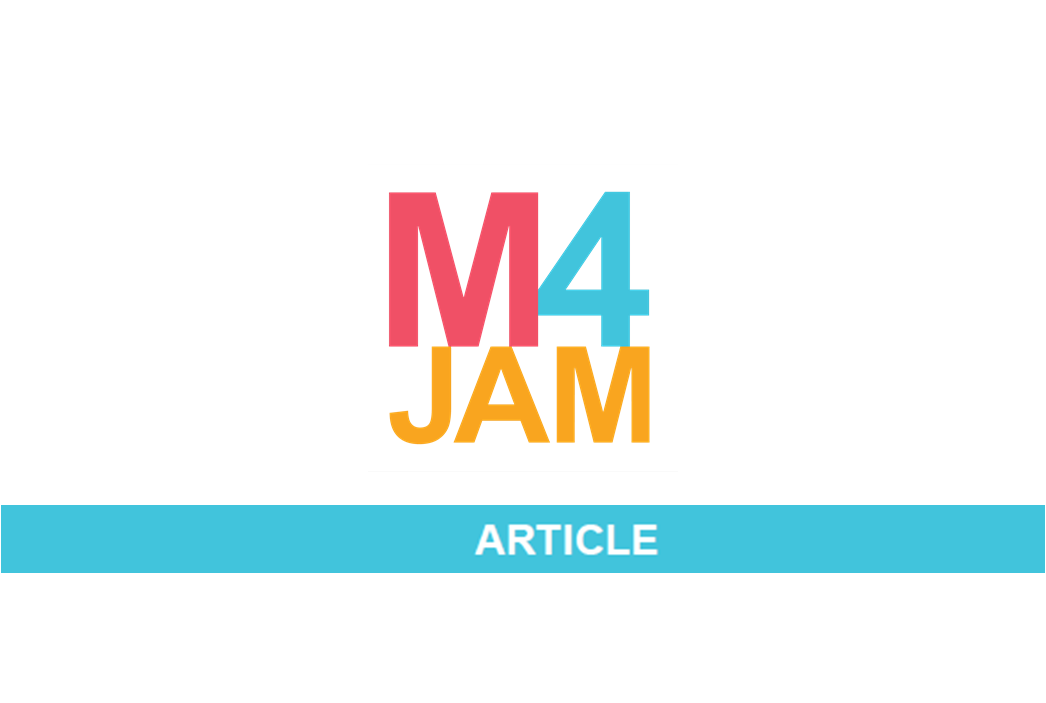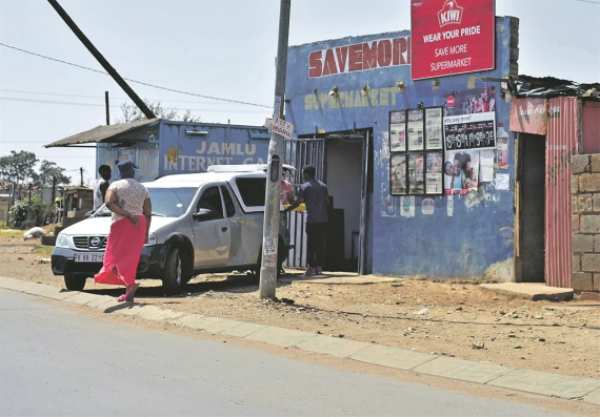The informal market in South Africa is valued at R164 billion per year, according to Trade Intelligence. At 30%-40% of total food spend in the country each year, this sector visited by 77% of the population represents a significant opportunity for businesses that have not successfully connected their distribution to as many as 155 000 spazas, superettes, hawkers and informal traders.
These businesses, ranging from general dealers to table-top hawkers, may come in all shapes and sizes, but 39% of the owners have smartphones and can place orders online if they cannot shop physically. When informal business owners do shop physically, they typically can spend no more than an hour at an outlet before needing to return to their shops. Informal business owners typically also buy in relatively low quantities and are not necessarily located in hubs or near each other – especially in rural areas.
The Last Mile Strategy
The above are facts consumer goods companies must take on board in their “last mile” strategy to get products from warehouse shelf to spaza shelf. It is the final step in the supply chain which is both the most expensive and time-consuming part of the brand activation process.
When considering last-mile delivery, brands can consider three solutions: insourced (bread, cigarettes, soft drinks, milk), outsourced (agencies or distributors for direct deliveries that are either dedicated or shared) and default formal retail (wholesale retail which leverages off infrastructure that already exists).
Given that informal trade can fundamentally alter the fortunes of brands in South Africa, especially in a struggling formal retail sector, the last mile can represent a significant economic opportunity for manufacturers, retailers, wholesalers and distributors of products and services.
Service provider and partner models in the ‘Last Mile’ strategy
In considering which strategy to adopt, businesses can choose between a service provider and a partner model. A service provider does as its name suggests – there is a service-level agreement in place between the last-mile provider and the client, with emphasis placed not on brand value but the service commissioned. Service providers tick boxes and they will perform as instructed, but there is no expectation of going above and beyond that service.
M4Jam has successfully helped many South African brands access the informal sector by mapping routes to market and conducting market research to hone distribution and brand activation strategies.
The challenges of the ‘Last Mile’
Having a well-known and respected brand is not enough. No brand is invulnerable to failure. Brands can fail in the informal market because the consumer goods player could have virtually no visibility into spending patterns in informal and emerging markets. They could also have little insight into how their products are selling beyond wholesale level, which products move fastest or whether promotions are being passed on to customers. This data ‘black hole’ makes creating marketing and sales strategies and catering for the needs of their last-mile consumers almost impossible.
Accessing the last mile of distribution can also be costly, if not approached properly. Around 41% of total supply chain costs can arise in the last mile penetration. If players are not well versed in logistics, which is typically not their expertise, going this route can lead to inefficiencies and excessive costs. They might also engage with too many service providers in outsourcing distribution, leading to an administrative nightmare and a cost-to-return ratio that is unworkable.
Alongside the logistical challenges in rural areas without proper addresses and even mobile network signal, consistency of customer service is critical for brands. Broken promises break the trust and endorsement of the spaza owner. An example of this was a bread project in the Western Cape, where M4Jam audited spaza shops and found that this brand’s market share dropped from 60% to 13% because they outsourced distribution to an agency which proved inconsistent. After losing trust and confidence in product delivery, informal retailers stopped ordering.
Bridging the gap with the gig economy and digital platforms in the ‘Last Mile’ Using the gig economy and digital platforms to source services within communities in which informal retailers operate can help brands optimise their supply chain and establish micro-warehouses. The same mobile technology can also allow terminals and phone apps to connect spazas to wholesalers in the area, simplifying the ordering and payment process. Buyers can even collaborate and create associations to improve buying and selling powers.
From the ‘Last Mile’ to the ‘Last Metre’
Ultimately, as with many business-to-business dealings, everything comes down to relationships. The relationship with the spaza, salon or shebeen owner is critically important when activating and driving brand or product endorsement within a community. Their influence carries a lot of weight in determining whether the brand or product succeeds.
Read the full article HERE
Drive your business growth in the informal market, click here to learn more about M4Jam Kazi Last Metre.






